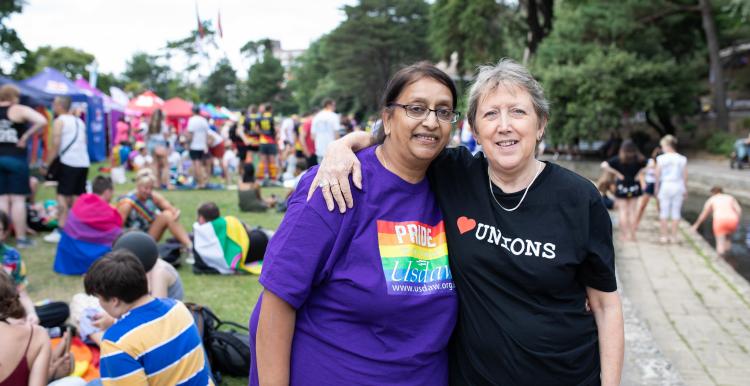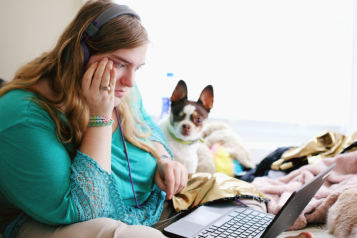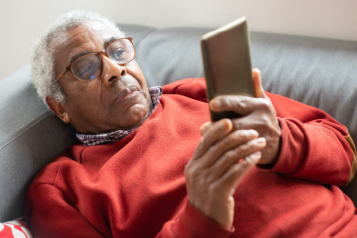Share your experiences of health and social care this pride month and beyond

Why we are supporting Pride Month
The LGBT+ community have had a difficult history with health and social care services over many decades. Thankfully being gay or transgender is no longer seen as a mental health condition by medical professionals for example. National research has shown that LGBT+ people still experience discrimination by health and care professionals and are less likely to access services when they need to. Research has also shown that the community face a number of health inequalities compared to the rest of the population, including being more likely to have mental health conditions, substance misuse issues and are less likely to be physically active to name a few areas.
The LGBT Foundation and Stonewall have published a number of reports on their websites.
Healthwatch exists to give people a voice in health and social care and throughout all our work we encourage everyone to share their experiences of health and social care with us. We would encourage LGBT+ people to contact us with their experiences so that we can better understand what works well and what could be improved locally. Feedback about services also allows us to identify any barriers or challenges that particular communities are facing.
How we listen to the LGBT+ community
We have regularly attended Wolverhampton LGBT meetings and have recently signed up as an ally, we have also supported LGBT Sparkle social group during the pandemic and have heard a range of experiences from people which we have raised at various health and social care meetings.
As part of our Enter and View programme, which has been on hold due to the pandemic, we ask service providers how they ensure that their service is safe for LGBT+ people and recommendations have been made specifically in this area to some providers.
When people contact us or take part in our consultations we ask questions about race, religion, sexuality and gender identity for example, this information can be used to identify if particular groups of people are experiencing similar issues. These questions are not mandatory but we would encourage people to answer if they are comfortable as it helps us to build a better picture.


